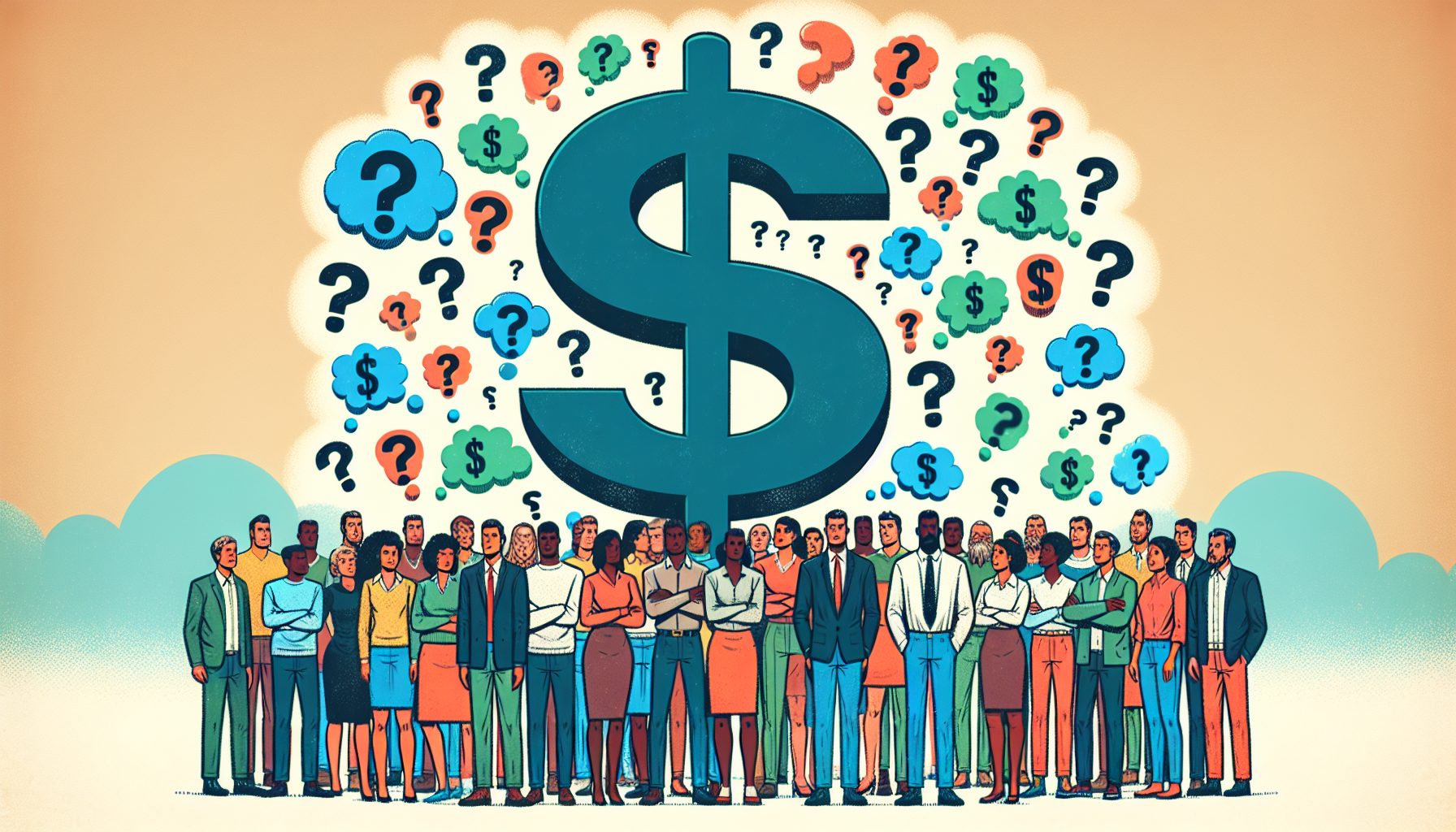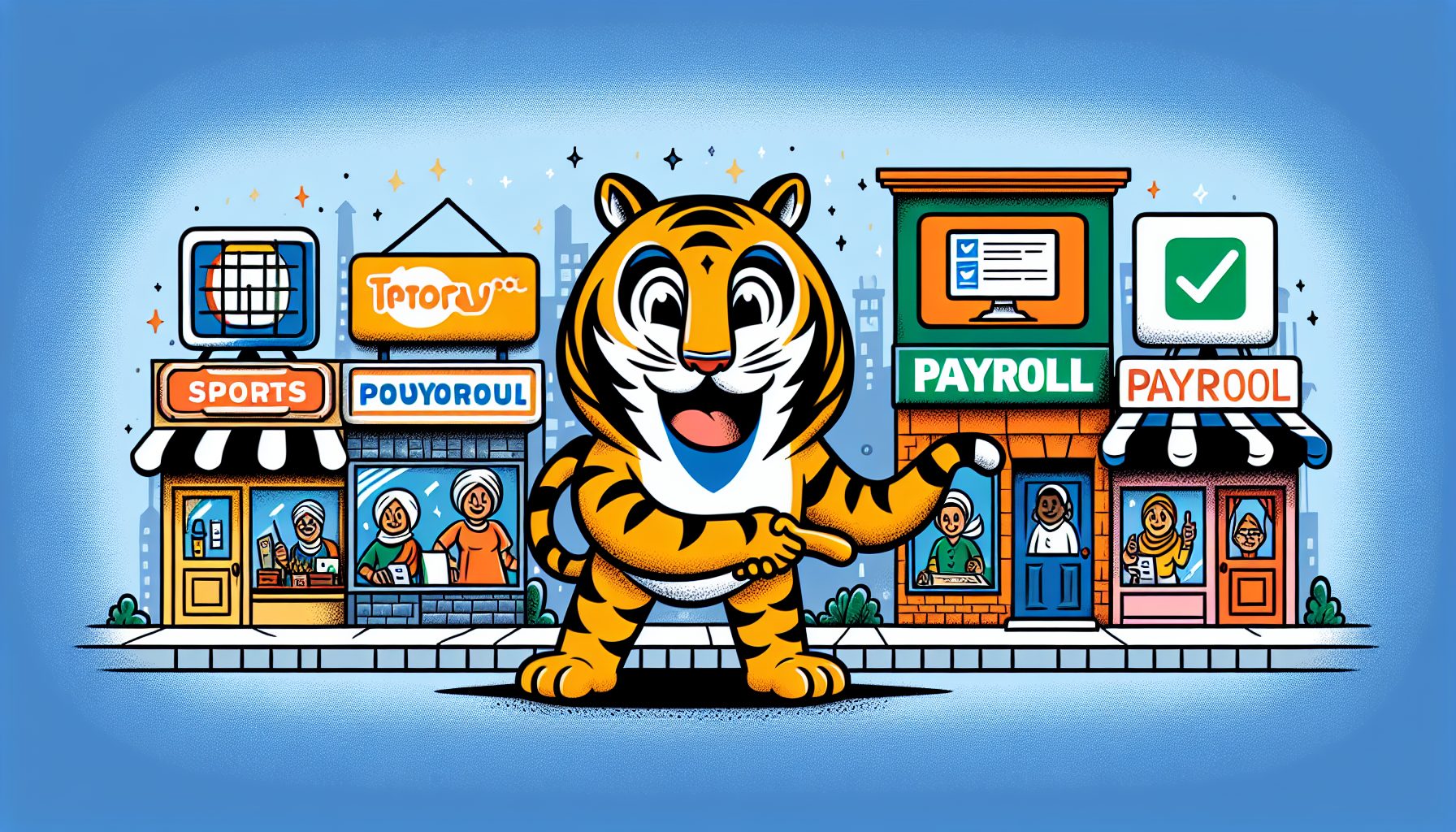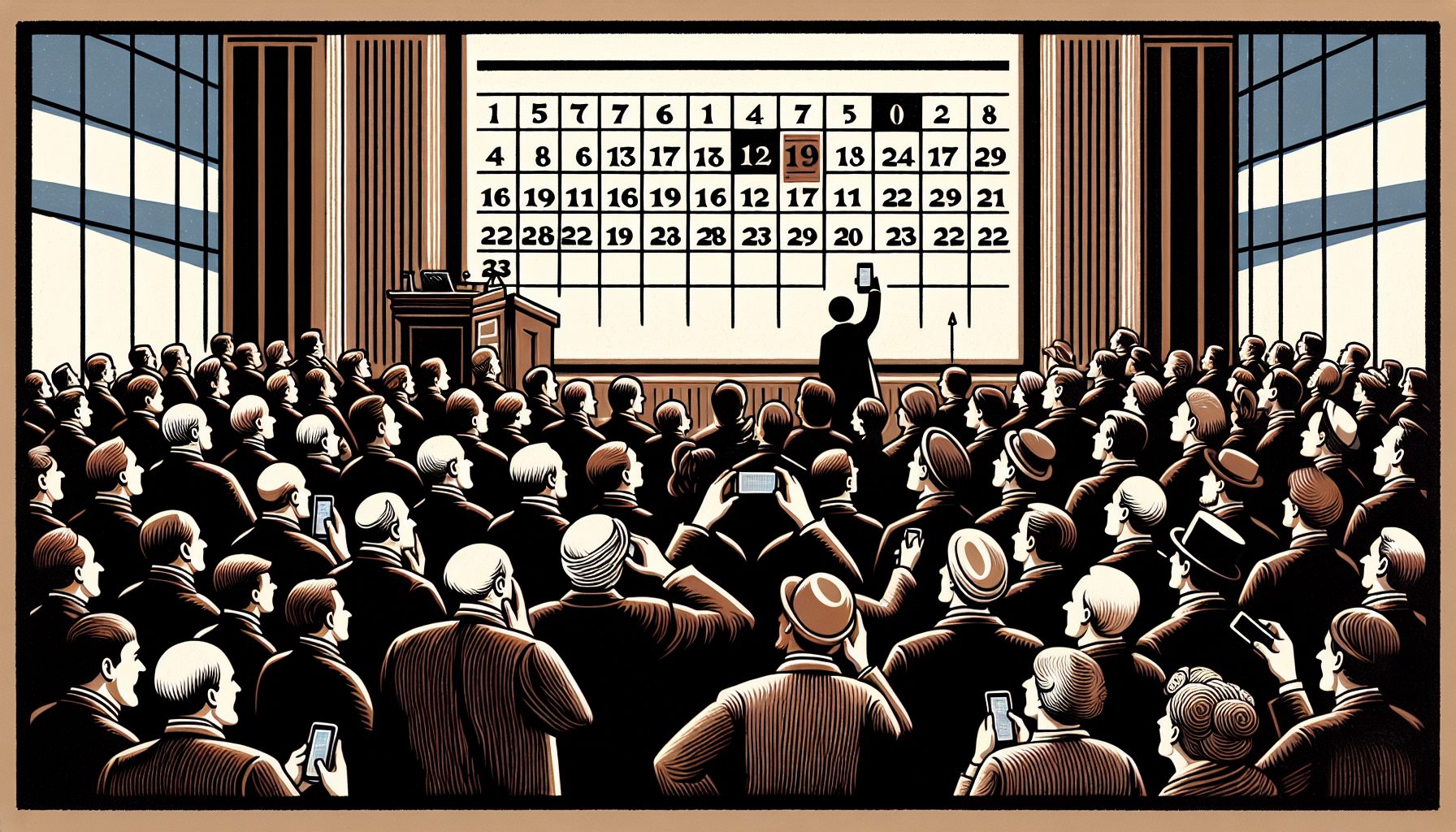In the wild frontier known as the Internet, virtual currencies have managed to grab plenty of headlines—and attract a motley cast of players. Bitcoin, the best-known virtual currency, has become a cyber-cluster of shady and sometimes illegal activity.
In June, the FTC warned consumers that virtual currencies such as Bitcoin were rife with risks, including theft and drastic value fluctuations.
But not all virtual currencies are created equal. One fledging company, Wellcoin, is hoping to take a healthier approach and make fitness pay. The company’s co-founder, Dr. Glenn Laffel, describes Wellcoin as “the world’s first health currency.”
When a member walks, jogs, swims, eats a healthy meal or donates blood, he or she receives a virtual reward. The Wellcoins can be used for gift cards and discounts at various merchants and services, including Puma, Railriders Adventure Clothing, Reebok and ZipCar.
The Wellcoin program, which runs on iPhones and Android devices, connects with Fitbits and a variety of other fitness devices and apps, such as RunKeeper, to mine data about workouts and eating. Higher-intensity workouts earn more points. The app and membership are free for consumers.
Although the idea of rewarding consumers with virtual currency isn’t new—Microsoft lets users accrue points and convert them to gift cards by conducting Web searches in Bing—the concept of driving behavioral change in health care is somewhat novel. Of course, for Wellcoin, it’s pretty clear that all the aggregate data has value, and companies participating in the program gain marketing cache—as well as new and more loyal customers.
It’s a clever idea in a world where many people are gaining weight and are becoming less fit and more prone to disease and disabilities. At some point in the future, major health care insurance providers and HMOs will likely adopt a virtual currency system like Wellcoin to boost wellness levels and lower medical costs.
Business and IT leaders should pay attention to Wellcoin and other virtual currency systems that gamify tasks and reward their users for making performance and behavioral changes. These systems—particularly smartphones and apps—can help find new customers and reinforce, or even redefine, relationships with existing customers and employees.
Although Bitcoin currently grabs almost all the attention in the virtual currency space—and often for less than desirable reasons—my money is on companies like Wellcoin that can motivate people, steer behavior in a positive way and promote a healthier approach to life.

.jpg)







